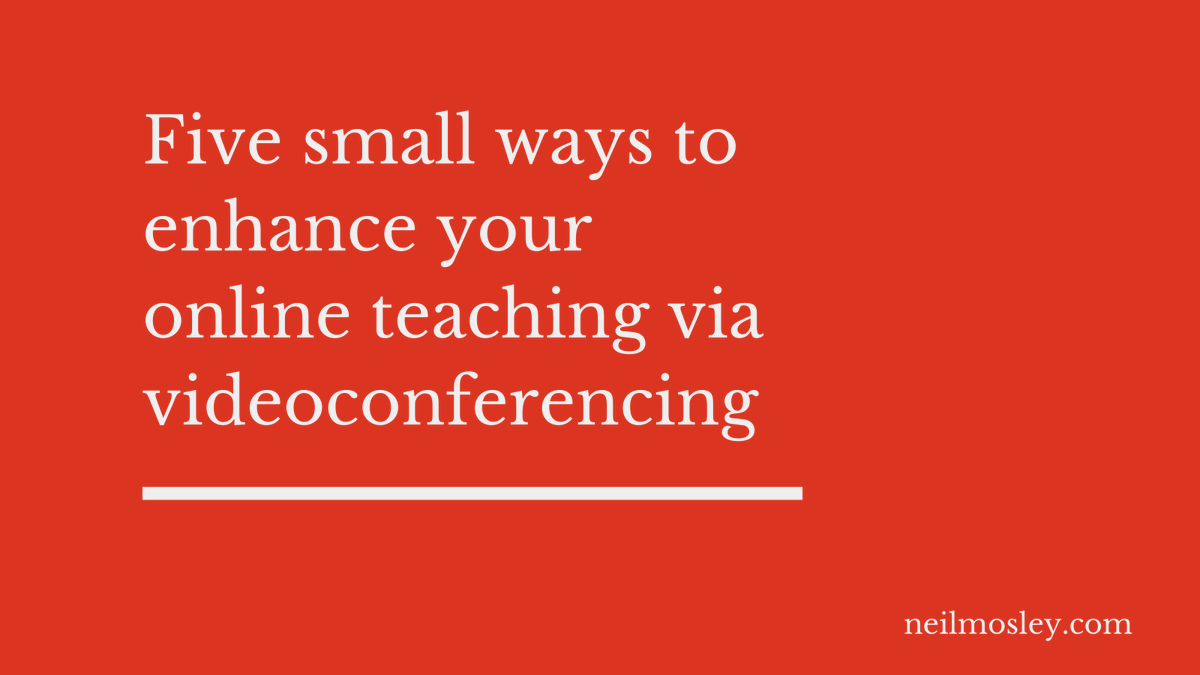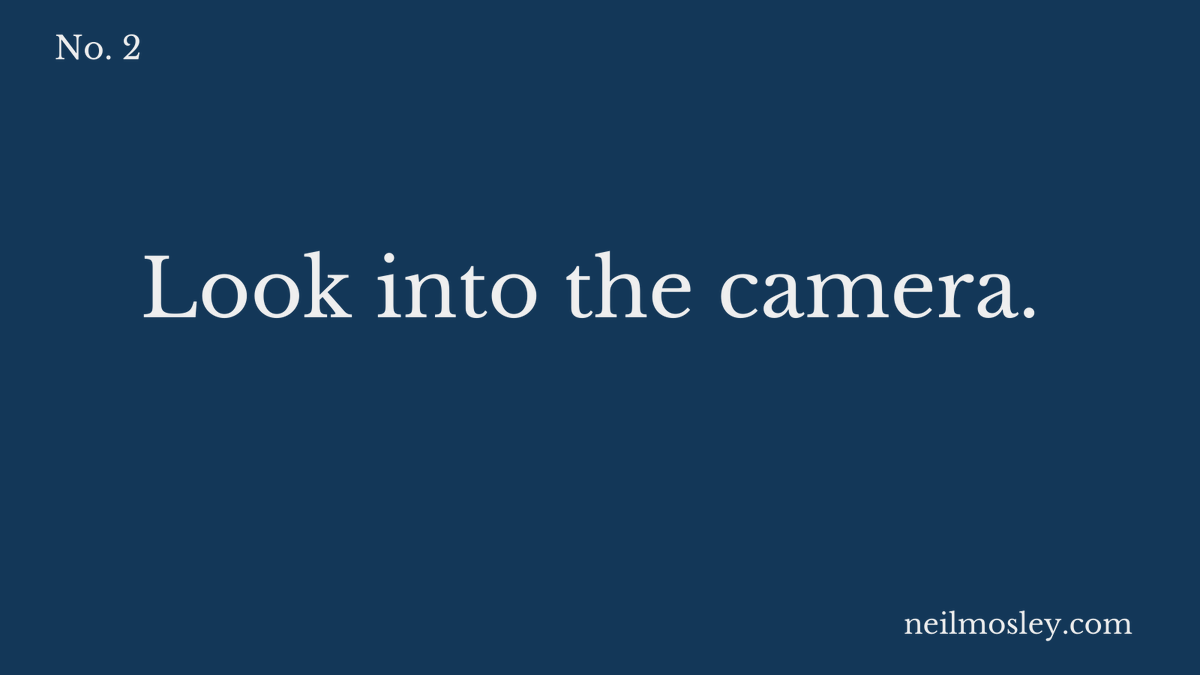
Interesting report...some comments if I may as someone who has and continues to work in this space within universities, education more generally and with private edtech...1/
https://twitter.com/benpatrickwill/status/1360322203460513795
One of the actors that fails to get any kind of scrutiny is universities themselves who have complete autonomy as to the decisions they make about edtech. The silence on this and the general narrative portrays them as passive, obsequious actors with no choice...2/
There’s also a kind of historical naivety that makes the pandemic year zero for this stuff and there’s not enough time spent exploring the ‘why’ from a historical context. This isn’t simply about scope but about the narrative presented...3/
One of the other problems is the lack of empirical evidence to support claims even those that are supported by the reporting of others. Do they know for instance, how many UK universities have partnered with OPMs since the pandemic?..4/
Do they know how many universities have developed new relationships with technology companies since the pandemic? Do they know how or whether the relationships with UK universities have changed with MOOC providers during the pandemic?..5/
There’s also some glaring stuff - OPM and university relationships are not new, they’ve been around for a long, long time. Also, the characterisation of LXP platforms might be close in a L&D context...6/
but the addition and characterisation of Aula in that category is both inaccurate and highlights how sitting at a desktop trying to glean this stuff is prone to inaccuracies...7/
I don’t get the sense that the authors have ever engaged at any serious level or prolonged way with anyone working within edtech outside a university. Therefore any insight is 2nd hand through the internet and as someone who works in this space there’s a degree of credulity...8/
There’s some mention of neoliberalism in relation to edtech but not an acknowledgement of the political ideologies and therefore bias of the authors. This is always a thing that staggers me - something like this is never devoid of a bias in respect to political ideologies...9/
why isn’t it stated for instance that the authors bias is towards a particular political ideology that shapes their view of what education should be and therefore some aspects of the narrative here...10/
So quick are they to ascribe political ideologies to edtech actors, but so unwilling to acknowledge their own or the other players that might be juxtaposed with them....11/
Lastly, I should also say I enjoyed reading this and I’m not an uncritical person in this respect, I’ve seen it up-close and see it up close regularly through my work. We need criticality here...end/
• • •
Missing some Tweet in this thread? You can try to
force a refresh





